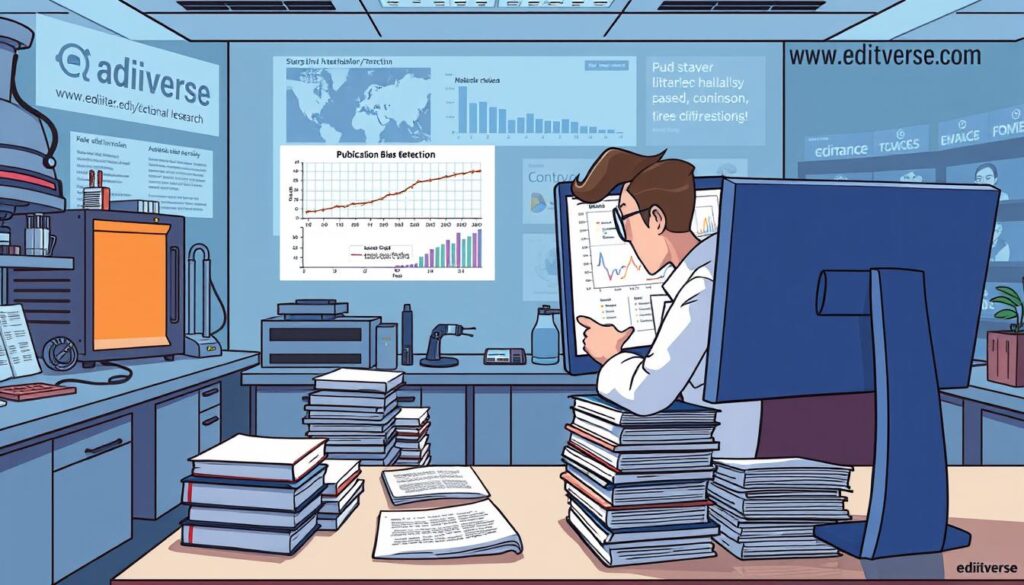Discover our best practices for dental research quality assurance, ensuring reliable study outcomes and publication in top-tier journals.


Discover our best practices for dental research quality assurance, ensuring reliable study outcomes and publication in top-tier journals.

Discover essential statistical methods for publication bias detection in research. Learn how to apply 10 proven tests to validate your systematic review and meta-analysis

Discover essential research reproducibility standards that ensure your study can be replicated. Learn key documentation practices, data management, and validation methods for reliable results

Discover how NFT research validation 2025 transforms scientific integrity through blockchain technology, preventing data manipulation and ensuring transparent meta-analysis results

Discover essential guidelines for publication ethics, icmje, authorship standards in academic writing. Learn best practices for responsible research and proper author attribution.